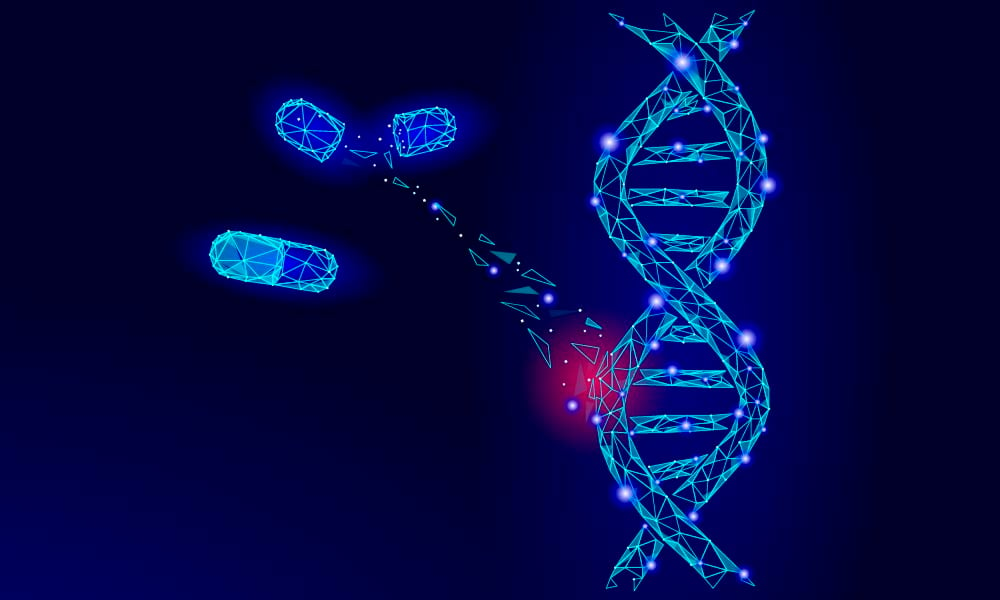
With Dr. Marks’ (Director, Center for Biologics Evaluation and Research), recent perspective on FDA’s Effort to Advance the Development of Gene Therapy, he thoughtfully highlights the recent successes of approved gene therapies, highlights the expert resourcing within FDA, CBER and NIH being applied towards this therapeutic specialization and details the innovative programs and committees (Novel and Exceptional Technology and Research Advisory Committee (NExTRAC), Regenerative Medicine Advanced Therapy (RMAT) designation and the INTERACT program) being instituted and enacted by the FDA. In addition, he highlights the critical issue facing success of this scientific endeavor, is quality manufacturing capacity but attentively details FDA action of awarding grants dedicated to industry stakeholders for the advancement of manufacturing technologies.
With Eurofins BioPharma Services providing pre-clinical analysis (Eurofins Discovery, Eurofins Toxicology, Eurofins Genomics) in support of a significant volume of the 800 active gene therapy INDs currently submitted with the FDA, our organization is very motivated to continue this level of support through the development of the clinical phases.
As your program moves into the clinical phases, one of the most important elements from a laboratory perspective, will be inclusion of a Replication Competent Retrovirus Surveillance model. This will have relevance for both product manufacturing (Eurofins Lancaster Laboratory), as well as critical importance for a defined 1-15 year period of patient follow up (Eurofins Viracor). In addition to your teams understanding of last year’s FDA draft guidance document; Testing of Retroviral Vector-Based Human Gene Therapy Products for Replication Competent Retrovirus During Product Manufacture and Patient Follow-up, we at Eurofins propose the following consultative questions as your protocol development progresses:
- Replication Competent Retrovirus Surveillance
- Consider the sample type needing to be collected to confirm all reservoirs are free of active virus
- Confirm that PCR detection is appropriate for gene therapy application
- Activity Assessments
- Chimerism assays can monitor ongoing therapeutic effects
- Targeted activity assays (ex. clotting assays for hemophilia)
- Genetic Profiling
- Whole genome sequencing is now feasible and may provide valuable insights on response dynamics
- Targeted genetic sequencing can be used either for screening, stratification or retrospective analysis if specific targets can be identified
Hopefully these discussion points stimulate useful discourse within your development teams, as you progress from current IND application, to eventual NDA applications. And as you can see from our historic and current support in analytical services of gene therapy advancements, Eurofins is truly your end-to-end partner with your development needs. As you progress through your clinical phase cycles, Eurofins Central Laboratory can provide you single MSA and single invoicing solutions that allows the specialized laboratory services found throughout the Eurofins BioPharma Services organization. We look forward to beginning the conversation and partnering towards innovation together!
This article was written by Brian Wile, Ph.D., the Global Head of Scientific Affairs at Eurofins Central Laboratory, a division of Eurofins BioPharma Services.

